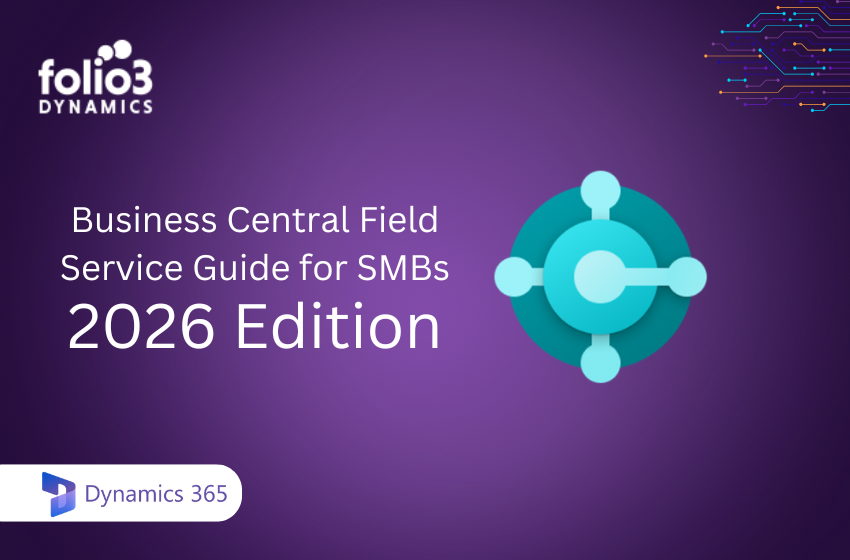Introduction:
For any business whether large or small going digital is never an easy task. There are many hurdles that such companies have to get through when trying to implement any kind of new technology.
Therefore many businesses, especially small ones are reluctant to try out anything new. However, if such technologies are not utilized then there is a risk of being left behind while your competition races ahead.
Many business owners believe that newer tech such as CRM/ERP is meant for large scale enterprises. However, what such business owners fail to realize is that these can just as easily be put into practice in a small scale business as well.
Doing so will not help them stay ahead of the competition by encouraging customer loyalty, boosting profits, and increasing efficiency but it will also take their business to greater heights within the corporate ladder.
What is ERP?
ERP or Enterprise Resource Planning Software evolved from MRP (Material Resource Planning) software designed to originally address the Lean manufacturing of the 90s.
The software was made to manage entire operations, track customer orders, demands, and supplies that need to be purchased to meet customer demands.
MRPs played a vital role in managing the raw materials required to prioritize orders to maximize the output to maximizing the entire manufacturing efficiency of the company.
This later morphed into something more holistic which focused more on warehouse management, financials and accounting, human capital management, and customer relationship management, just to name a few.
ERP took the core of MRP and expanded it into another enterprise; creating a single system that can tie together the entire organization thereby ensuring a singular unified data set and workflow.
The ERP system depending on the organization can be divided into three tiers:
Tier 1 is more suited for large, multinational, and more complex organizations. This tier has comprehensive functionality that can meet the needs of such large companies.
Tier 2 is more niche-focused, which concentrates on certain capabilities rather than the whole system.
Tier 3 ( commonly known as the industry niche solutions ) consists of numerous ERPs that fall into particular segments. They are smaller, simpler solutions that provide capabilities/functions to certain industries, usually focusing on one small segment of the ERP.
Even though ERPs were made to provide a single holistic system to the organizations, most companies have unique needs and challenges that can’t be met by a single ERP system.
The ERP niche has created a void that is being filled by the ‘best of breed ERP’ systems. These systems tend to focus on different segments of the business to increase the overall efficiency. This is where other software comes into play.
CRM ( Customer Relationship Management) is commonly used by sales organizations and human capital management software is used by HR departments.
What is CRM?
Having a good relationship with your client base has always been a key ingredient for the success of any business. Building and improving those relationships has now been made a thousand times simpler by CRM.
Customer relationship management (CRM) was designed specifically to improve the relationships of businesses with their customers. CRM not only promotes customer loyalty but also helps to gain potential customers.
Companies that implement CRM within their business models usually observe a surge in profits while also enjoying operational efficiency.
CRM not only provides visibility and accessibility to the information required by the company when for example providing the quote to a particular customer but it follows the entire cycle until the potential buyer becomes a customer, thereby converting those proposals into orders.
CRM streamlines processes such as marketing, sales, business development, etc. Furthermore, it also aids in improving client business relationships on an individual level while also catering to the needs of potential customers with the help of predictive analysis.
Key benefits of integrating ERP with CRM for your small business:
CRM and ERP despite being precisely different, are similar technologies. By synchronizing the two separate systems of CRM and ERP, businesses can attain more sales at a low cost.
CRM deals with front-ended information ranging from pipeline management, sales tracking to managing marketing campaigns whereas ERP desks with more critical issues such as managing financial data and accounting information.
By integrating the two systems, the time-consuming tasks that were previously done manually such as waiting for databases to update before proceeding to process bills and arranging product returns by customers, etc have become much easier to accomplish.
The two synchronized software which share the same database ensures that the updates in the system are visible instantly alongside ensuring access to crucial information, hence boosting the overall efficiency of the system together with other shared benefits of the erp software.
CRM, ERP integration may sound complicated initially and you may think that such software solutions can only be used by mega-corporations. But the truth is, that every small business can not only use it but also take advantage of every feature it has to offer.
By implementing such solutions it becomes much simpler to know what the client wants. Hence, it becomes easier to cater to requests and provide a better overall experience while simultaneously increasing customer retention rates.
Additionally, the implementation of ERP and CRM also enhances performance which in turn leads to better output in terms of productivity. Profit margins, as well as quality control, get significantly boosted.
Furthermore, it also ensures that small business owners can make better strategic data-driven decisions. Business expansion and scaling up of operations is also made significantly easier with the aid of such software.
Conclusion:
Where you are a small business operating solely on one of the two software or an integration of both, in this technologically advanced era it is crucial to handle the vast amounts of customer data being generated daily to increase efficiency to forecast and make decisions regarding sales and purchase processes.


